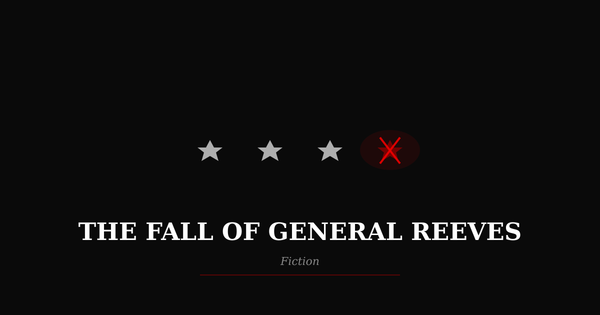Grooming
The frog never jumps

Trump’s game isn’t the one big outrage; it’s the drip‑feed that turns shock into habit. Psychologists call it “foot‑in‑the‑door”: you accept the tiny breach, then defend the bigger one to stay consistent. Sociologist Diane Vaughan labels it “normalization of deviance” — the slide from never to whatever when nothing blows up. trump builds every move on that reflex.
Society doesn’t finish absorbing the first outrage before the next one is launched. While Los Angeles was still gawking at National Guard Humvees, he escalated the spectacle—rolling in the Marines because chaos isn’t collateral damage; it’s the power he’s after.
Take the Los Angeles deployment. When two thousand National Guard troops appeared after an ICE‑raid protest—and the governor said they weren’t wanted—most viewers treated it like a traffic bulletin, not a constitutional trespass. Because no tanks fired, the incident filed itself under “manageable.” That tiny recalibration means the next city‑street deployment, maybe yours, will feel half‑expected.
Minutes later, the Justice Department quietly amputated its watchdog arm: the Public Integrity Section, born after Watergate, now has five lawyers and must clear cases with a loyalist “weaponization” panel. Strip the people who indict crooked officials and soon graft looks like governance.
The same night, seventeen inspectors general—the auditors who scare contractors straight—lost their jobs by email. No bomb went off, so the purge became background hum. That’s textbook grooming—groomed like a dog or a child by a priest—conditioning the public to treat the demolition of oversight as clerical noise.
But trump doesn’t limit himself to just two acts of treason at a time. The more the merrier. The goal isn’t to conceal wrongdoing—it’s to overload the system so thoroughly that accountability drowns in noise.
Abroad, the temperature jumps faster. trump freezes new U.S. arms for Ukraine in the name of “leverage”—letting glide bombs fall while telling Americans that Kyiv should negotiate land for peace. Once you’ve swallowed the pause, the next step—handing Putin the Donbas—sounds almost reasonable.
Meanwhile, he repeats, almost casually, that NATO allies behind on payments might stand alone if Russia strikes. Every repetition nudges the idea deeper into acceptability, turning what once read as treason into just another bargaining chip.
Or look at how a publicity grab mutates into a constitutional gray zone. When trump floated hosting the G‑7 at his Doral resort, ethics lawyers howled—so he withdrew, declared himself the victim, and a year later steered millions in government bookings to his Scottish course with barely a peep from Congress. The outrage fatigue had done its work.
Pardons follow the same escalation ladder. First a law‑and‑order president pardons Joe Arpaio for contempt of court; critics gasp, nothing breaks. Next comes Roger Stone’s commutation, then a blanket promise to free the January 6 foot soldiers. Each step harvests the last one’s silence.
Even election theft was a rehearsal in increments. A “perfect phone call” to Georgia’s secretary of state asking for 11,780 votes doesn’t crack the headlines for long, so the pressure scales up—drafting fake electors, leaning on the Justice Department, and finally sending a mob to the Capitol. Every unpunished trial balloon inflates the next.
Even the vanity jet follows the pattern. A foreign monarchy “gifts” a 747‑8 requested by trump, the Air Force pretends a retrofit will stop under $400 million, and we all move on before anyone tallies the billion‑dollar reality. The outcome isn’t just a gilded plane; it’s teaching us to accept foreign money parked inside trump’s pocket.
Stack the moves: soldiers on domestic asphalt, auditors axed, prosecutors muzzled, pardons traded, ballots pressured, alliances mortgaged, autocrats courted, resorts enriched, luxury emoluments normalized. Each alone is survivable; together, they re‑etch the border between outrageous and ordinary. That is the incidence—the everywhere‑at‑once presence—of grooming: not an episode, but a climate. If the urge to be alarmed feels melodramatic, the anesthetic is already in your bloodstream.




